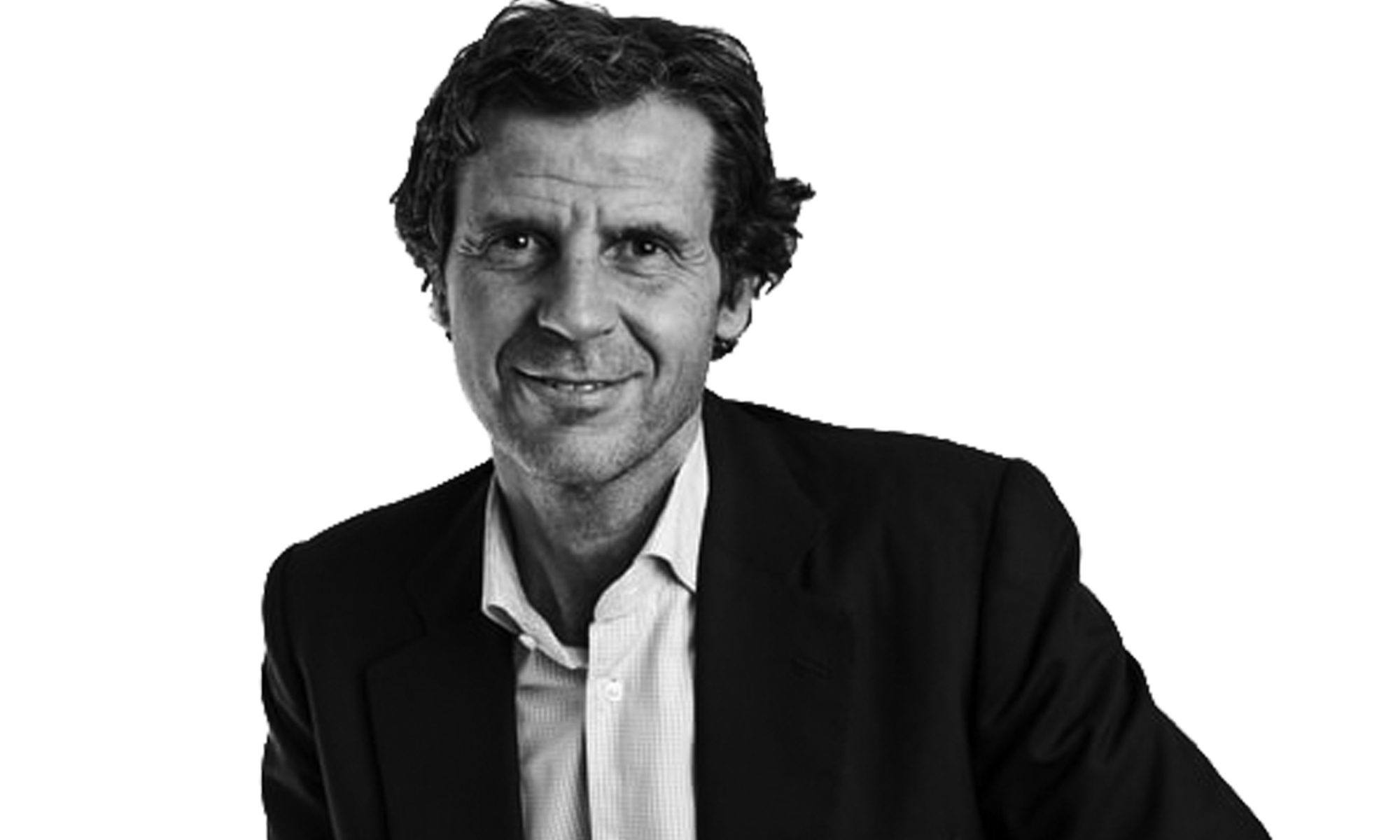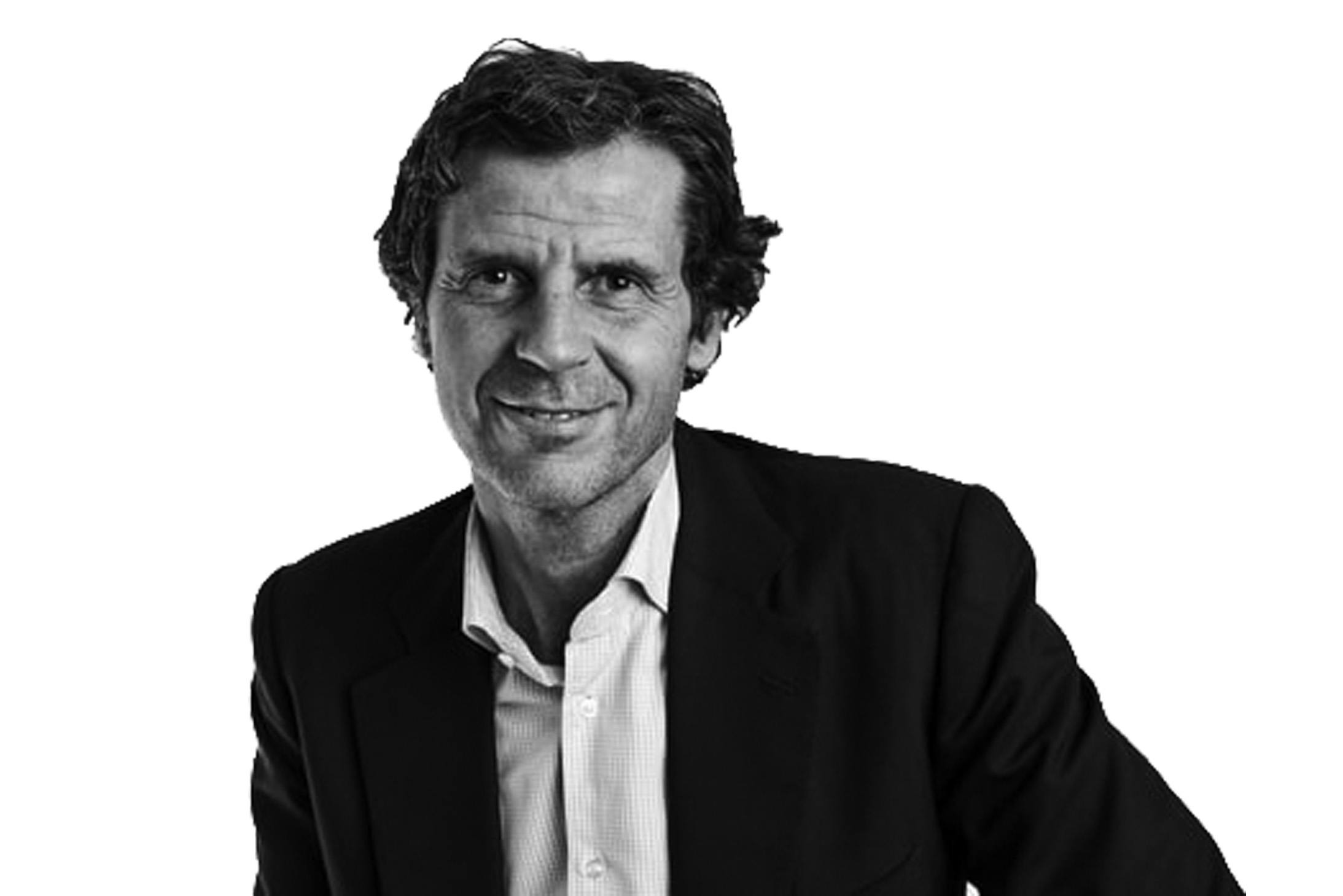Tell us about yourself and your practice?
I have always been practicing in tax in two main areas: tax transactions and wealth management.
Over the last 20 years, I have had management roles in the firm, both locally as managing partner of the Barcelona office, and regionally and globally within my specialty, taxation.
In addition, I was a member of the firm’s financial committee, which allowed me to gain a global vision of the firm’s strategy as well as the financial control necessary.
All these positions have allowed me to be open-minded about new opportunities and solutions, and be even more pragmatic today.
What inspired you to become a lawyer?
It was a mixture of curiosity and youthful rebellion. I have a very large family, in which nobody had been related to the world of law until now, and being the first lawyer gave me great satisfaction. At the same time I focused my career on tax and corporate areas because they were closer to my family environment.
Tell us a bit about your new appointment, what it entails and why you decided to go into a global management role.
Prior to my appointment, I had held global roles at Baker McKenzie. However, becoming a member of the executive committee is undoubtedly the most satisfying experience that someone like me can aspire to, because I especially appreciate the possibility of facing new challenges and ongoing learning.
This role involves constantly listening to, and thinking about, the new ideas that arise in every corner of the firm while promoting our ambitious global strategy that we have set for 2020. The members of the executive committee have covered more than 600,000km during their terms, the equivalent of 15 round-the-world trips, which gives an idea of their commitment to involving the professionals in our 77 offices in the strategy. Moreover, performing this role is doubly satisfying at a time when change is happening at a relentless pace.
What do you see as the biggest challenge global firms will be facing in the next decade?
I believe that large firms will struggle to become true partners of clients in making strategic decisions that affect the very core of their business. In this challenge of being truly business-oriented, technology will play a key role because it will allow us to focus on added value: the client’s strategy.
How can law firms best encourage innovation?
Let me answer that through our approach. We have a global innovation program which is there to address changing client needs, new industry dynamics and the broader role of digitisation across the economy. Put simply, that means seeing business challenges through a client lens and helping clients anticipate what’s next.
Our use of alternative legal services in Belfast, our e-discovery platforms and our use of legal project management are already bringing in more than $50m in annual revenue to better serve our clients. Last year we also appointed a global chief services officer to oversee how we ‘operationalise’ innovation.
What is your one major prediction for the legal market?
We are living through times of change and disruption. Corporations and law firms must be agile, adaptable and very close to their businesses and industries. The successful firms will truly become one team that operates at a global scale. In this scenario I anticipate that there will be fewer global firms after some significant market consolidation.
‘Collegiality’ is often spoken about in association with Baker McKenzie – what does this mean to you?
We were a global firm before the internet existed. Think about what that must have required for a few moments. The respect, the trust, the vision and the friendship between colleagues across borders that was needed to build a global firm and endures here now. That’s what collegiality at Baker McKenzie means to me.
The firm publishes its diversity statistics and makes them publicly available, are you happy with them? If not, how do you intend to improve them?
I am happy with the progress we have
made and acknowledge we must go further. In terms of gender, this year, 40% of our newly-promoted partners were women – a market-leading number for any large law firm.
Women accounted for more than half our new hires across all lawyer roles. But we need to sustain this over a period of years to entrench diversity, while making further efforts in ethnicity and social mobility. We embrace diversity in all its forms and concepts in small offices and large ones.
Will the future bring new roles in law firms that we have yet to see?
Ten years ago, the creation of different roles such as the legal project managers already meant a disruption in the legal sector and this has led to improvements in efficiency and predictability of new scenarios. Our innovation committee considers that new roles such as data analysts, data visualisers or knowledge specialists will be needed sooner rather than later to continue that path of efficiency.
What challenges does the next generation of lawyers bring to the firm?
New lawyers challenge us to adapt to their new way of thinking, which in turn is the new way of thinking of a new generation of entrepreneurs and leaders. Retaining and motivating this new talent will require a great deal of leadership and creativity, as well as taking a clear stand on our values and impact on society.
What do you think are the top three things most clients want and why?
- See the world through clients’ eyes to anticipate their needs and possible solutions;
- Total business orientation to be a partner that provides real added value; and
- Turn challenges into solutions, simplifying the strategies as much as possible, so that clients can find the assurances they need in their lawyers.

